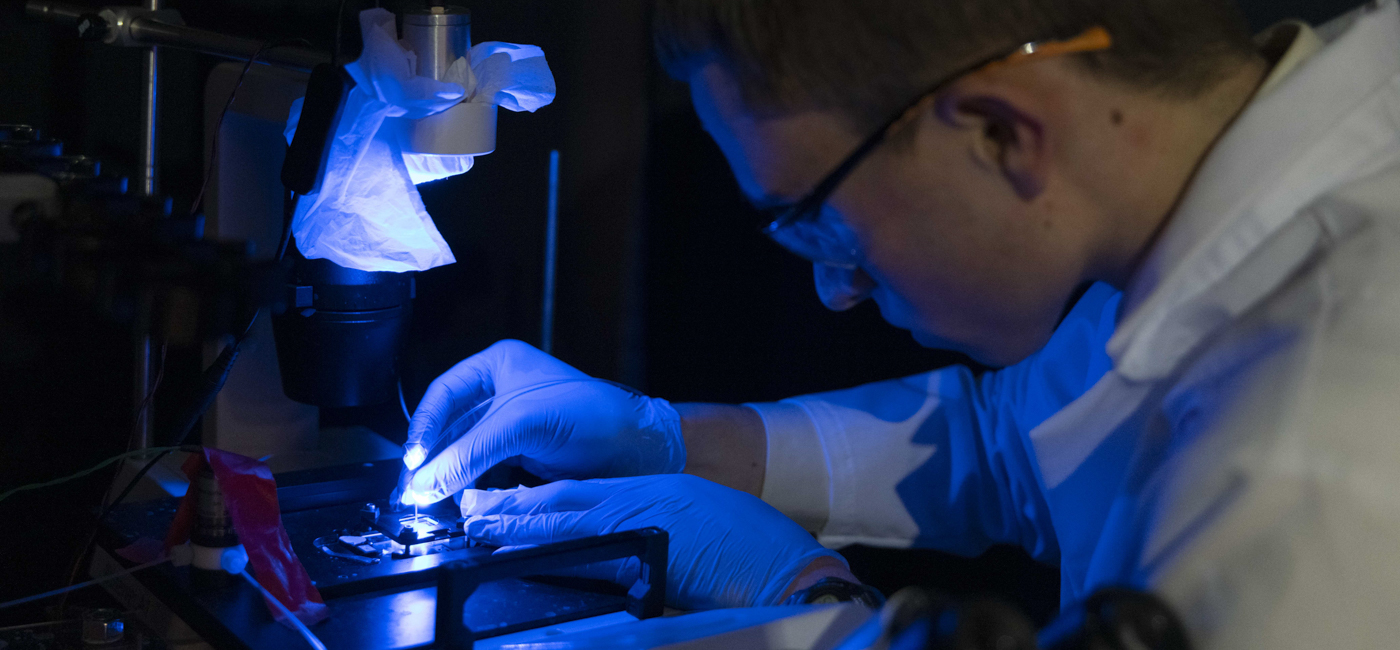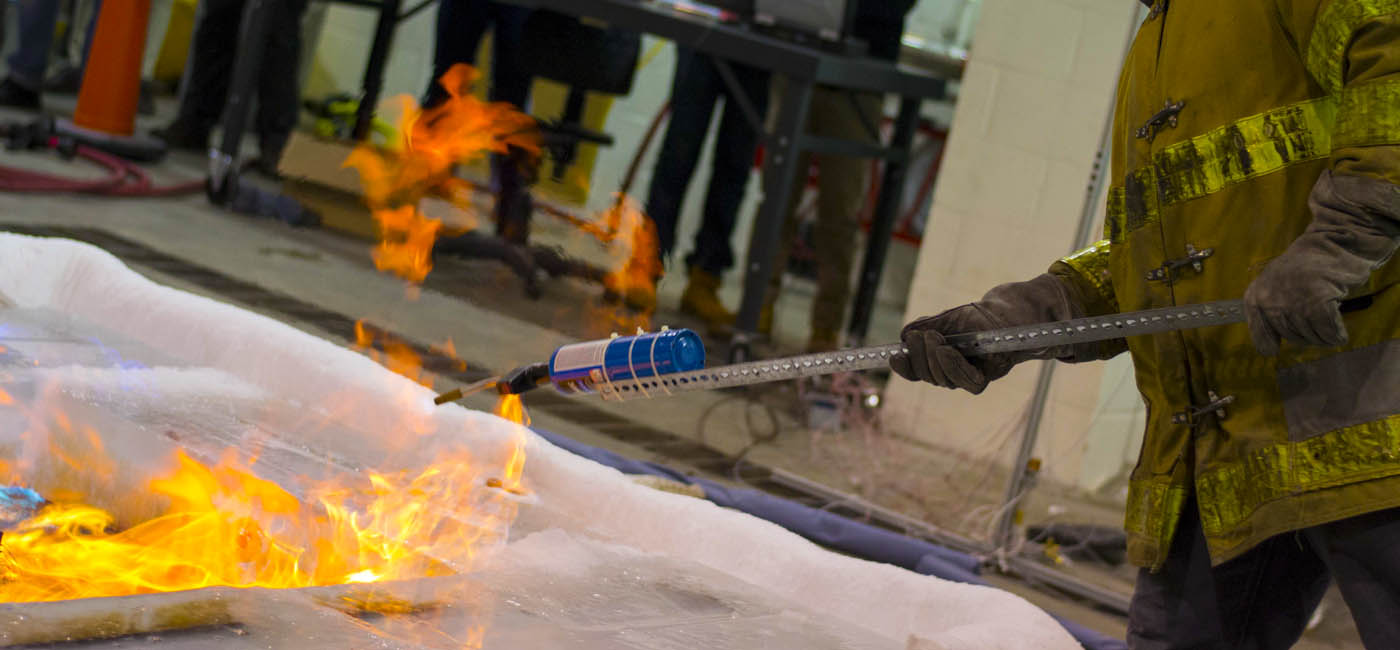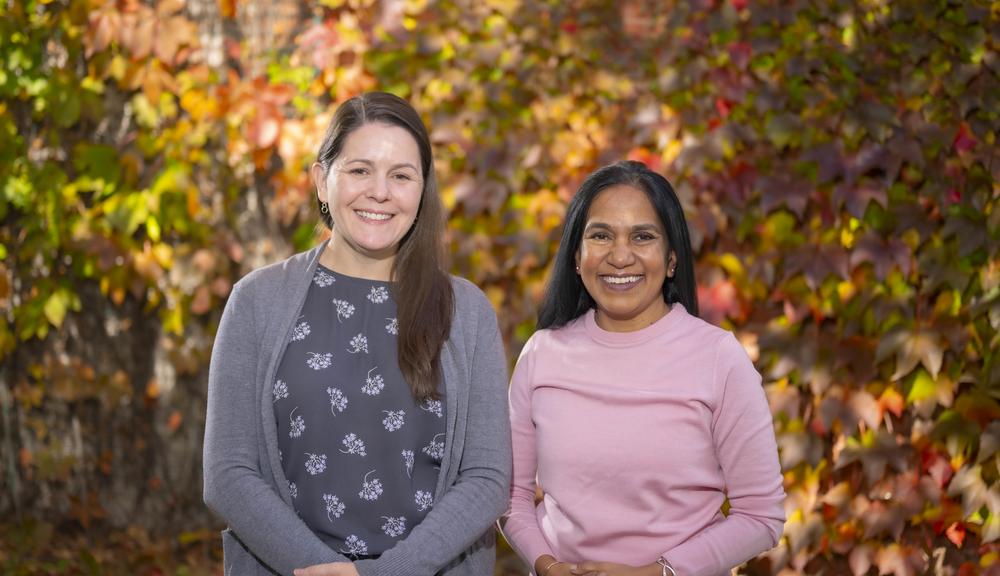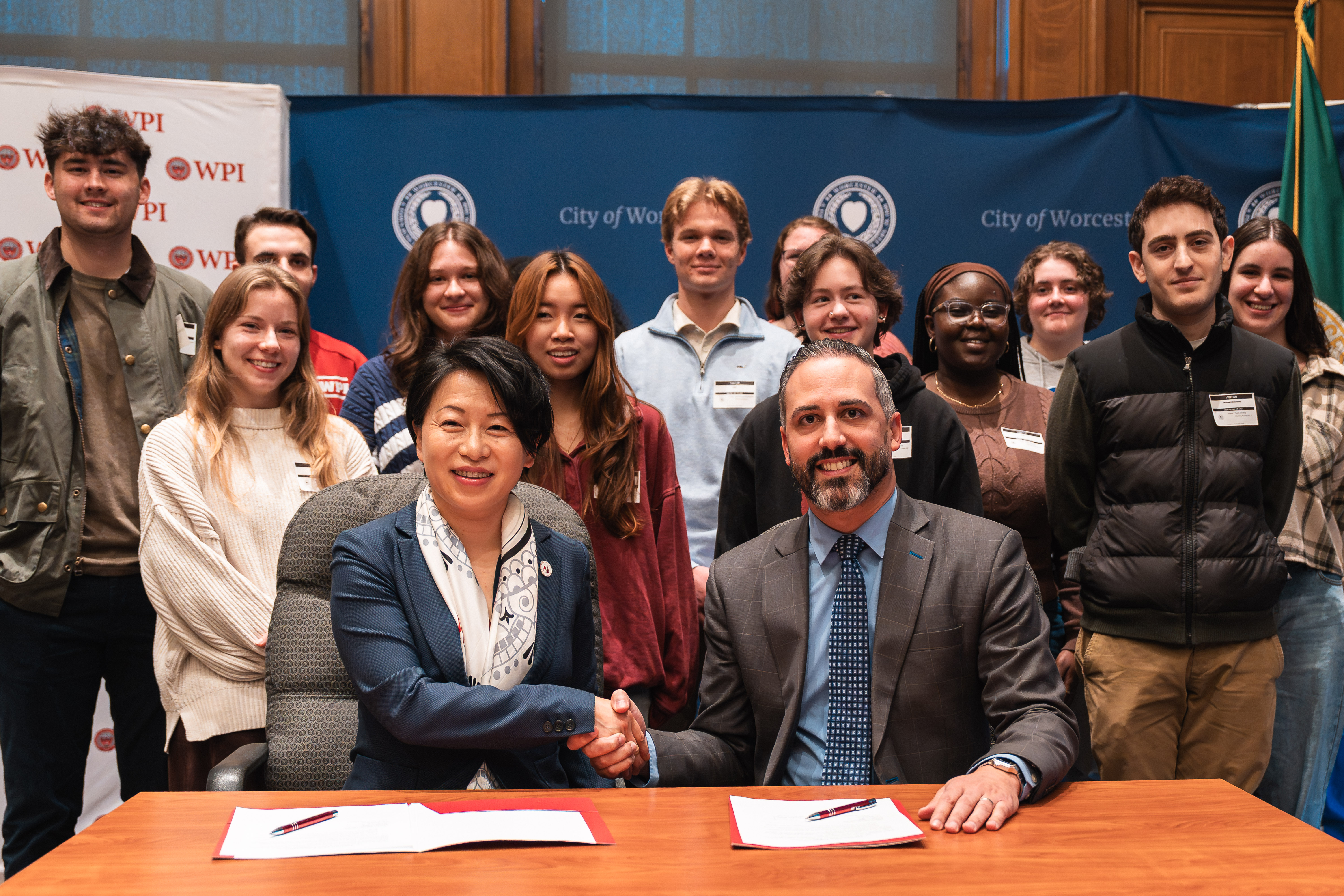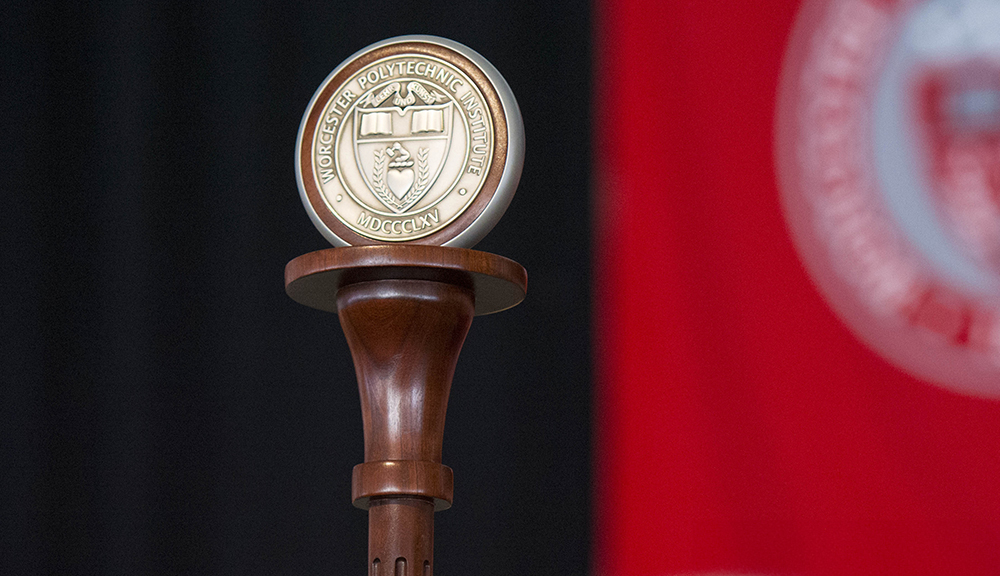U.S. Senator Elizabeth A. Warren, D-Mass., visited Worcester Polytechnic Institute (WPI) on Friday to get a firsthand look at WPI’s Gateway Park, the 11-acre mixed-use life sciences-based campus on Prescott Street.
Warren was very impressed with the facility, calling it a prime example of the future of education.
(Watch a video of Sen. Warren talking to reporters during her visit to WPI’s Gateway Park.)
“My entire campaign, for a year and a half, was about how we build a future for ourselves and for our children, and this (complex) is the tangible example of how we build that future,” said Sen. Warren, who was joined by WPI President Dennis Berkey and Worcester Mayor Joseph Petty. “We make those investments in education, in infrastructure and in innovation, and that’s how we build the future. And that’s exactly what WPI is doing.”
WPI is pursuing the build-out of the park in partnership with companies ready to invest in the region. The flagship complex at Gateway Park is WPI’s 125,000-square-foot Life Sciences and Bioengineering Center, which opened in 2007 and serves as the university’s focal point for graduate education and research in the life sciences and related bioengineering fields. That building is fully occupied with graduate research laboratories, life sciences companies, state-of-the-art core facilities, and WPI’s Corporate and Professional Education division.
Sen. Warren said that she plans to make every effort to learn about the priorities of Worcester, and was intent on meeting with WPI officials to learn more.
“One of the things I discovered in Washington, D.C., is that there are opportunities to be a good partner to Worcester,” she said. “So I want to be here to make sure I’m finding out everything about those priorities so that when I’m in Washington I can take maximum advantage of those opportunities.”
President Berkey cited the importance of working collaboratively with a number of groups. “It’s about partnerships,” said President Berkey. “Public-private, federal government-state government, city of Worcester, and university-community,” he said. “And we’re very proud of that.”
To which Sen. Warren added, “When people work together, and they have a vision, you can really make something happen.”
Sen. Warren was then led on a tour of the facility, which included a tour through lab space on upper floors. Glenn Gaudette, associate professor of biomedical engineering at WPI, met with the senator and discussed the benefits of receiving federal funding on various projects. Gaudette later pointed out that that funding is critical to the success of the lab.
“One of the main projects we’re working on deals with regenerating cardiac muscle in patients who’ve had heart attacks,” said Gaudette. “We’re delivering adult stem cells to the heart using fibrin microthreads, an innovative technology developed at WPI. We also have PhD students who are funded through a National Science Foundation-IGERT (Integrative Graduate Education and Research Traineeship) program here who can work on these types of projects.”
The second building at the site is a 92,000-square-foot building, which is home to several companies as well as WPI’s Biomanufacturing Education and Training Center (BETC); an expanded Fire Protection Engineering Department and research laboratory; and the graduate division of WPI’s School of Business. The building, located at 50 Prescott Street, was built and is owned by O’Connell Development Group of Holyoke, Mass.
WPI has committed $110.5 million to Gateway Park, which includes $65 million for the Life Sciences facility at the flagship building, $40 million for the Faraday Street residence hall under construction, and $5.5 million to construct the Fire Protection Engineering labs and WPI business school. Federal investments in infrastructure improvements, research funding, and brownfields cleanup total nearly $23 million.
